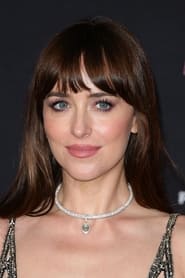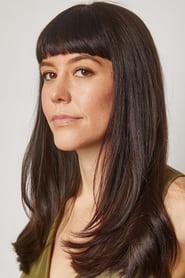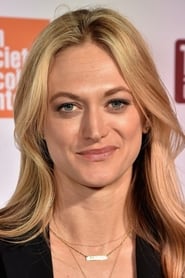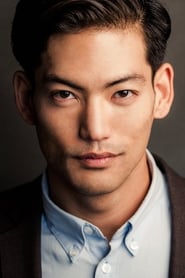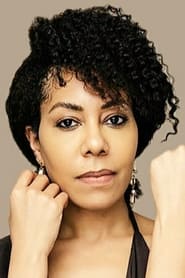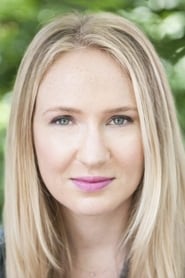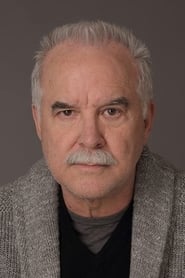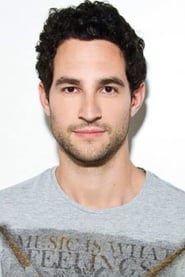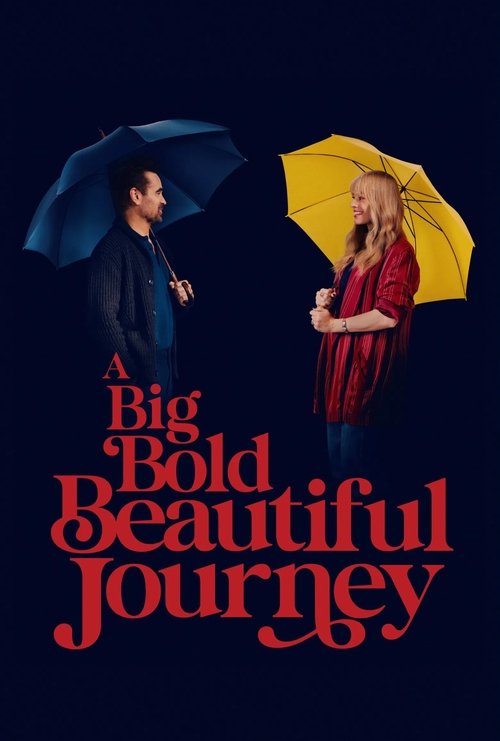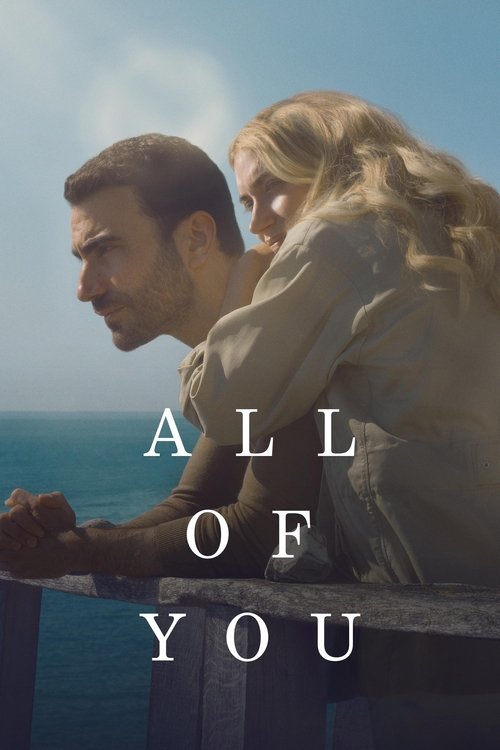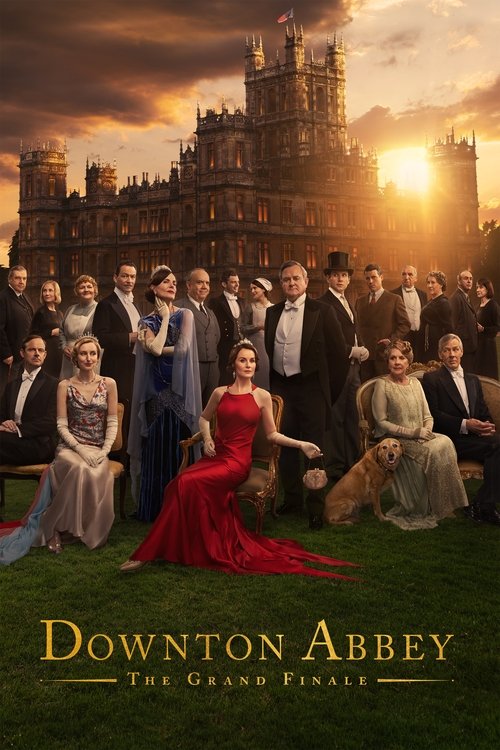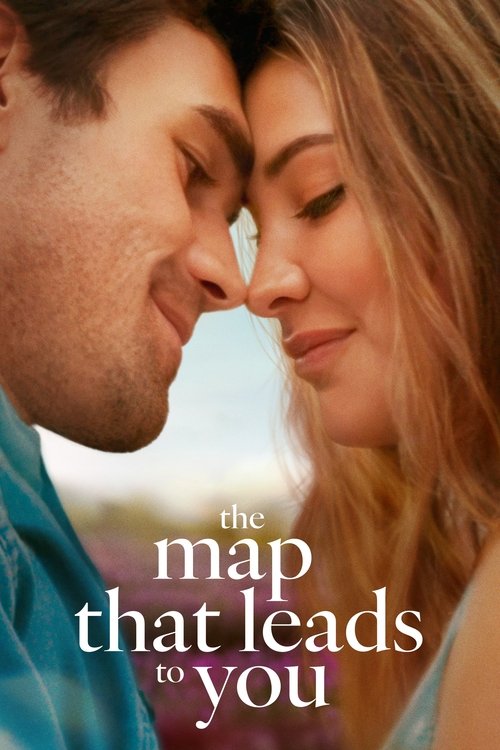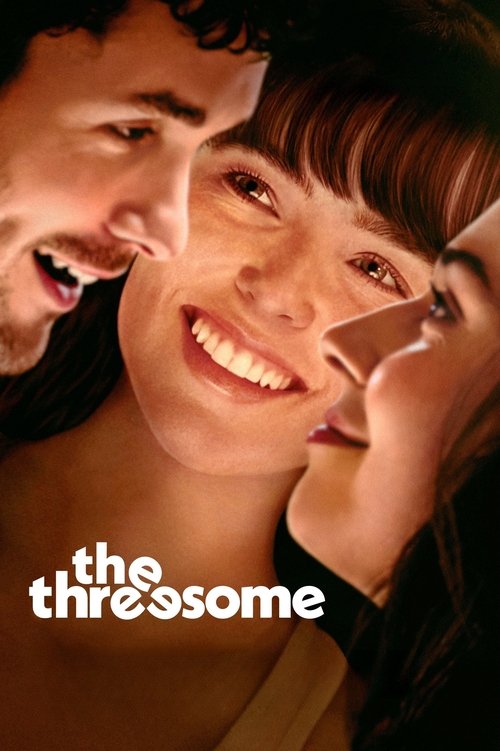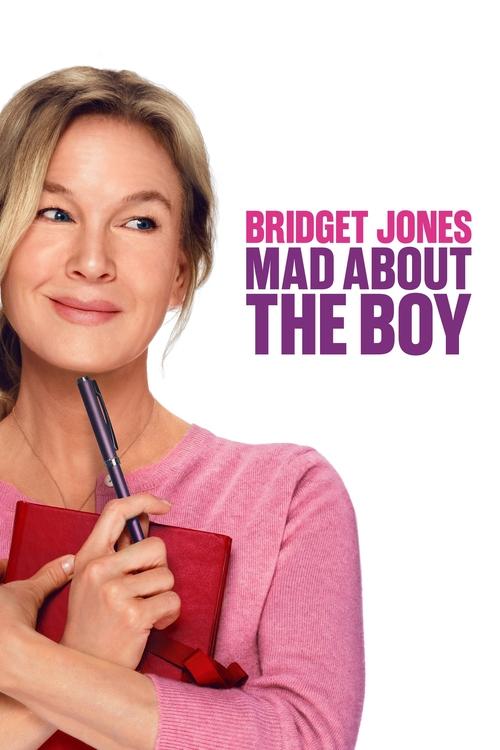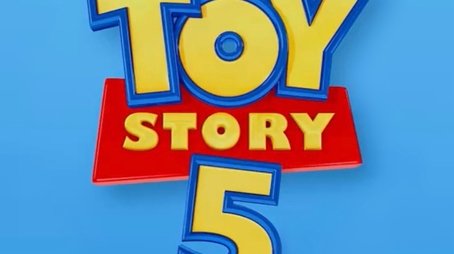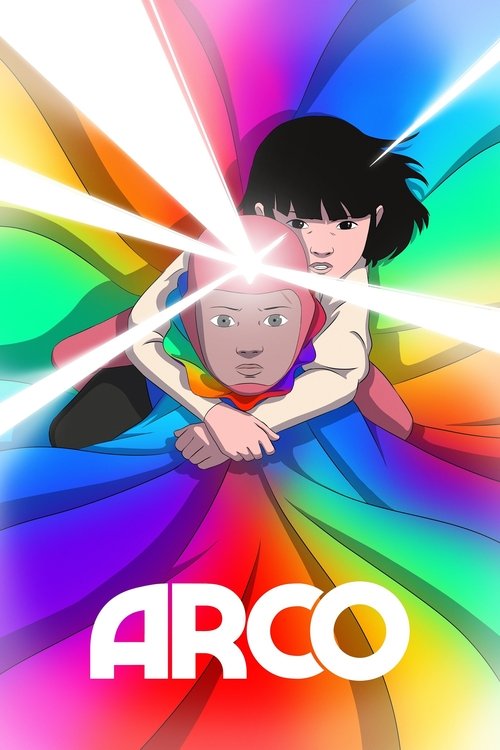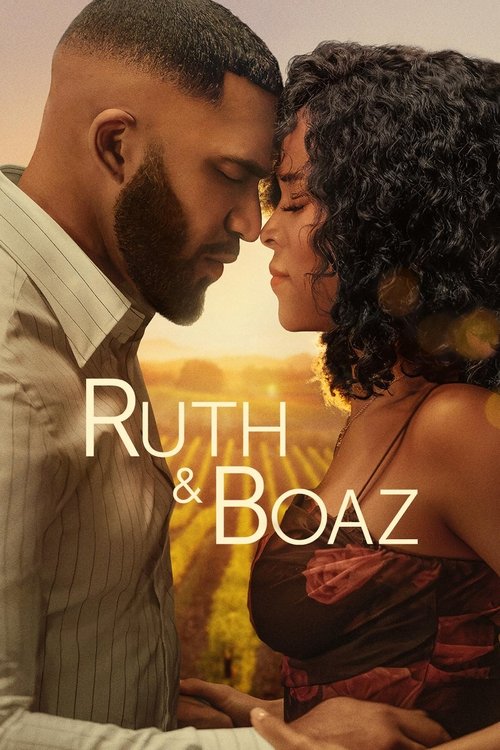
Ask Your Own Question
What is the plot?
The film opens in a prehistoric setting where a man gathers wildflowers and fashions one into a ring, placing it on his partner's finger, symbolizing the earliest known gesture of love and commitment. This scene transitions sharply to present-day New York City, where Lucy Mason, a former actress turned highly successful matchmaker at the firm Adore, navigates the luxury-driven dating culture with a pragmatic yet emotionally guarded approach. Lucy, who has voluntarily chosen celibacy, holds a firm conviction that she will either remain alone or marry a wealthy man, reflecting her materialistic values and personal insecurities.
At a lavish wedding for one of her clients--the ninth marriage she has orchestrated--Lucy encounters Harry Castillo, the affluent and charismatic brother of the groom. Harry is immediately intrigued by Lucy's sharp wit and business acumen, but she rebuffs his initial romantic overtures, suggesting instead that he become a client of Adore. During the same event, Lucy unexpectedly reunites with her ex-boyfriend John Finch, a struggling actor working as a cater-waiter at the wedding. Their brief conversation reveals the unresolved tension between them, rooted in their past relationship's collapse due to financial instability and differing life priorities. A flashback shows a poignant argument on their anniversary, where John's choice to drive instead of taking public transit sparks a fight, underscoring their economic struggles and emotional disconnect.
Despite her initial resistance, Lucy finds herself drawn into Harry's world of opulence as he courts her with extravagant dinners and thoughtful gestures. Harry, who has undergone a costly tibial lengthening surgery to increase his height and social appeal, reveals his vulnerability and desire for genuine connection beyond superficial appearances. Lucy, who views Harry as a "unicorn" for his rare combination of wealth, looks, and charm, questions why he would be interested in her, but Harry admires her unique worldview and self-awareness. Their relationship quickly becomes official, and Lucy's optimism spills over into her matchmaking work, particularly with a client named Sophie, who has struggled to find a suitable partner.
Sophie, a long-term client, has endured a series of disappointing dates due to her high standards. Lucy arranges a promising match with Mark, a man who initially seems ideal and expresses interest in pursuing Sophie further. However, the situation takes a dark turn when Sophie is assaulted by Mark, leading her to sue Adore for negligence. This revelation devastates Lucy, shaking her confidence in her professional abilities and forcing her to confront the ethical complexities of matchmaking. Her boss, Violet, advises her to take a four-week leave and forbids her from contacting Sophie due to the ongoing lawsuit. Despite this, Lucy's conscience compels her to reach out to Sophie, who harshly rebukes her, accusing Lucy of treating clients like commodities and prioritizing business over their safety. This confrontation deepens Lucy's emotional turmoil and sense of failure.
Meanwhile, Lucy and Harry attend a play starring John, where the lingering chemistry between Lucy and John becomes palpable. After the performance, John invites them to join the cast for drinks, but when Lucy confides in John about her distress, he dismisses her concerns as trivial, prompting her to leave abruptly with Harry. The superficiality of her relationship with Harry becomes increasingly apparent, culminating in a candid conversation where Lucy admits they are not truly in love but are instead fulfilling societal expectations and personal checklists. Harry accepts this truth, and they part amicably.
With her apartment sublet for a planned trip to Iceland with Harry, Lucy moves in temporarily with John. They escape the city to an upstate wedding catered by John's company, where a spontaneous dance leads to a kiss, reigniting old feelings. John, however, remains uncertain about their future, burdened by his financial instability and past mistakes. Their fragile reconciliation is interrupted when Lucy receives a panicked call from Sophie, who is being harassed by Mark outside her apartment. Despite police inaction, Lucy and John rush back to Manhattan, arriving just after Mark flees. Lucy comforts Sophie through the night and helps her file a restraining order, restoring Sophie's confidence and mending their fractured relationship.
John makes a heartfelt declaration of love to Lucy, promising to work harder and support their relationship despite his financial shortcomings. Lucy, acknowledging her previous materialistic reservations, accepts his love, and they share a tender kiss. Time passes, and Lucy is offered a promotion to lead Adore's New York branch as Violet plans to relocate. Although initially intending to resign, Lucy contemplates the opportunity, reflecting her evolving priorities.
In a serene picnic in Central Park, John proposes to Lucy with a flower ring reminiscent of the prehistoric gesture from the film's opening. He humorously asks if she wants to make a "poor financial decision" together, to which she joyfully agrees. The film closes with a montage of couples, including Lucy and John, applying for marriage licenses at the city clerk's office, underscoring the enduring and multifaceted nature of love.
Throughout the narrative, the film explores the tension between materialism and genuine affection, the challenges of modern dating, and the complexities of personal growth. Lucy's journey from a pragmatic matchmaker obsessed with wealth to a woman embracing imperfect love is marked by poignant encounters, emotional setbacks, and ultimately, reconciliation. The story's key deaths are metaphorical rather than literal; no characters die, but the death of illusions and the rebirth of authentic connection drive the plot's emotional core. Major conflicts arise from Sophie's assault and the ensuing lawsuit, which catalyze Lucy's introspection and transformation. The political intrigue is subtle, embedded in the social dynamics of New York's elite dating scene and the ethical dilemmas of commodifying relationships.
The film's major turning points include Lucy's confrontation with Sophie, the breakup with Harry, the rekindling of her relationship with John, and the final proposal, each advancing her character development and thematic exploration. The narrative's structure, beginning with a prehistoric love ritual and ending with a modern marriage license, frames the timelessness of human connection amid contemporary challenges.
More Movies Like This
Browse All Movies →What is the ending?
The movie Materialists (2025) ends with Lucy choosing to marry John, her emotionally honest but financially unstable ex-boyfriend, over Harry, a wealthy and seemingly perfect suitor. Despite Harry's compatibility and intentions to propose, Lucy realizes that true love is about real connection and vulnerability rather than financial security or calculated compatibility.
Expanding on the ending scene by scene:
The final act begins with Lucy confronting the limits of her belief that love can be optimized like a business deal. After her client Sofia is assaulted by a date, Lucy is shaken and forced to reconsider her approach to matchmaking and relationships.
At a wedding event, Lucy unexpectedly runs into John, who is now working as a caterer. Their interaction rekindles old feelings and highlights the emotional bond they share despite their past financial struggles.
Meanwhile, Harry, who has no apparent flaws and had planned to propose to Lucy, reveals his own insecurities, including a surgery he needs to boost his confidence. Although hurt by Lucy's decision, Harry accepts that their relationship lacks true love, and the film implies he may find love elsewhere through Lucy's matchmaking network.
The climax occurs when Lucy crashes the wedding ceremony where John is present. John offers her a heartfelt business proposal--not of financial gain, but of unwavering love and support. This moment crystallizes Lucy's choice to embrace imperfection and emotional honesty over material comfort.
The film closes with Lucy and John marrying, symbolizing her commitment to love as a risk and a deeply human connection rather than a calculated investment. Harry's fate is left open but hopeful, as he begins dating someone new in the art world, suggesting his journey toward finding love continues.
In summary, the main characters' fates at the end are:
- Lucy: Chooses love with John, marrying him and embracing vulnerability over security.
- John: Reunites with Lucy and marries her, moving from financial instability to emotional fulfillment.
- Harry: Accepts Lucy's rejection but is shown beginning a new relationship, indicating hope for his own happiness.
This ending unfolds chronologically through Lucy's emotional journey from calculated matchmaking to embracing the unpredictable nature of love, highlighted by key scenes at the wedding, the confrontation with Sofia's assault, and the final proposal from John.
Who dies?
In the 2025 film Materialists, no characters die. The plot centers on Lucy Mason, a matchmaker navigating complex romantic relationships and ethical dilemmas, but there are no deaths depicted or mentioned in the story or its summaries.
The main conflicts involve emotional and legal struggles, such as Sophie suing the matchmaking company after being assaulted by a date Lucy arranged, but this does not result in any character deaths. The narrative focuses on Lucy's romantic choices between Harry and John and the consequences of her matchmaking career rather than fatal events.
Is there a post-credit scene?
Yes, the 2025 movie Materialists has a post-credits scene. It shows the main characters, Lucy (Dakota Johnson) and John (Chris Evans), getting married at New York City's City Hall. The scene is filmed from a fixed, distant security camera perspective, capturing them among many other couples applying for marriage licenses and getting married. This choice reflects the director Celine Song's intention to present their marriage as both a romantic and ordinary event, highlighting the uncertain future of their relationship. The scene serves as a poignant epilogue, emphasizing the realistic 50/50 chance of success for marriages like theirs. The sequence is accompanied by the song "In Spite of Ourselves" by John Prine and Iris Dement, adding emotional depth to the moment.
What is the nature of the relationship between Lucy and her ex-boyfriend John in Materialists?
Lucy and John share a complicated past; they were previously in a relationship that ended due to financial difficulties. John is now working as a cater-waiter while pursuing acting, and their reunion at a wedding rekindles old feelings, leading to a road trip where they explore their regrets and what might have been.
How does Lucy's relationship with Harry Castillo develop in the film?
Harry Castillo, a wealthy financier and the groom's brother at a wedding, shows interest in Lucy after overhearing her matchmaking pitch. Despite Lucy's initial skepticism about his intentions, Harry persists in courting her with upscale dates, and their relationship becomes official, challenging Lucy's views on love and marriage.
What role does Lucy's matchmaking work play in the story?
Lucy is a successful matchmaker at Adore in New York City, dealing with clients who have increasingly unrealistic standards. Her professional life intersects with her personal one, as she consoles clients like Sophie, navigates the fallout from a client assault lawsuit, and reflects on the transactional nature of relationships through her own romantic dilemmas.
What is the significance of the wedding scenes in Materialists?
The wedding scenes serve as key narrative moments: Lucy attends a former client's wedding where she persuades a reluctant bride to proceed, meets Harry Castillo at the reception, and unexpectedly reunites with John, setting the stage for the central love triangle and the exploration of Lucy's conflicting desires.
How do the characters of Harry and John contrast in the film?
Harry is portrayed as a wealthy, polished financier with good looks and status, representing security and material success, while John is a struggling actor working as a cater-waiter, embodying passion and imperfection. Both men are respectful and supportive of Lucy, creating a nuanced choice between love and financial stability.
Is this family friendly?
The movie Materialists (2025) is not family friendly and is rated R, primarily due to strong language and some mature themes. It contains frequent harsh profanity, including the word "fuck" and other strong language.
Potentially objectionable or upsetting content includes:
- Sexual content: Several scenes imply sexual activity (kissing, caressing, implied sex with characters covered by sheets, used condom shown) but no explicit nudity or graphic sex.
- References to sexual violence: A woman recounts a sexual assault experience, which could be distressing for sensitive viewers.
- Casual premarital sex: Brief non-explicit depiction of premarital sexual relationships.
- Unkind opinions about physical appearances: Some dialogue includes hurtful remarks about looks.
- Alcohol and tobacco use: Mild presence of drinking and smoking.
There is no violence or gore, and the overall tone is light and romantic despite the mature content. However, due to the language and sensitive themes, it is not suitable for children or those sensitive to sexual content or strong profanity.



